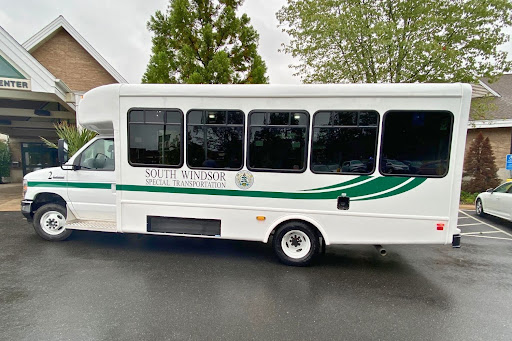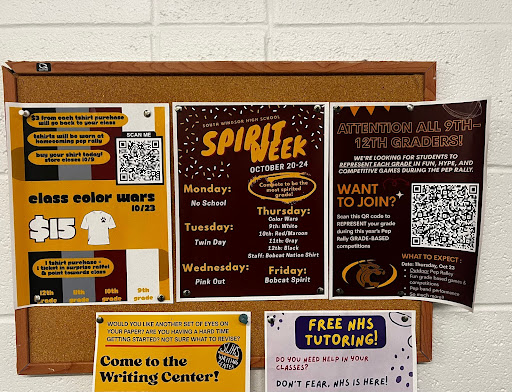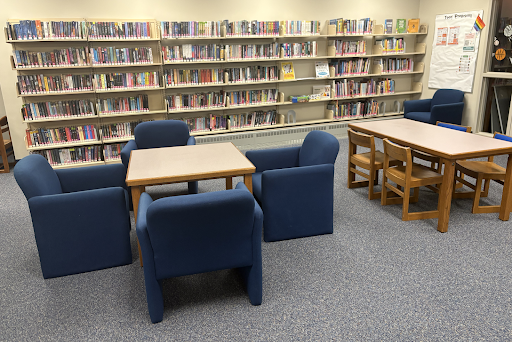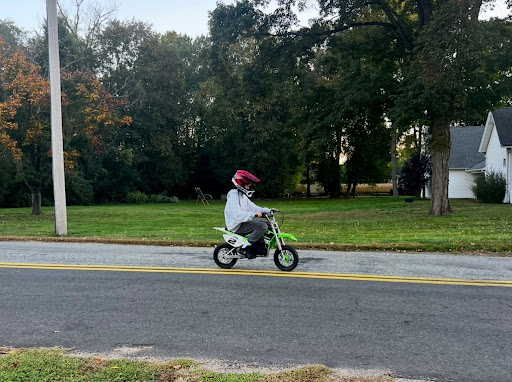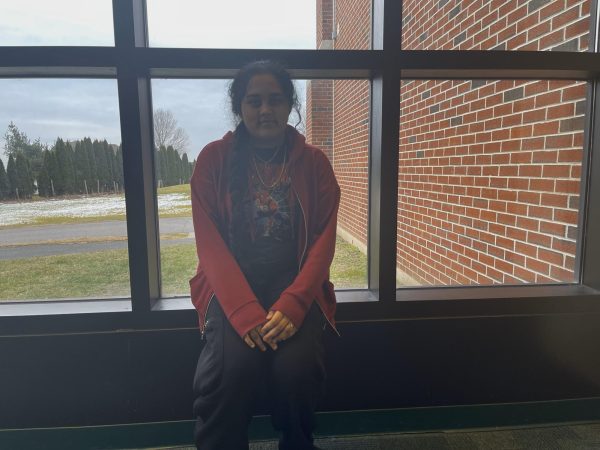
Ramadan is a religious fest among the Islamic community, meant to aim for one’s spiritual growth and build stronger relationships within their religious groups. Ramadan is supported each year by South Windsor High School, as the school provides various accommodations for those who celebrate.
This holiday is celebrated by fasting for 30 days, between sunrise and sunset. The fest is held in between the occurrence of the crescent moon. These dates are determined by the Islamic calendar, and the holiday Eid-al-Fitr marks the end of Ramadan.
Many students from the Islamic community at South Windsor High School believe that the SWHS Community is said to be highly supportive of this religious festival. The school allows students who participate in Ramadan to move freely around the school grounds during lunchtime, making students more comfortable in their school environments. Allowing students to seek alternate locations during lunch reduces the temptation to break their fast. It also limits the judgment passed by those who do not practice the religion.
“South Windsor High School is doing an amazing job supporting all students’ religious beliefs,” French teacher Moussa Ly said.
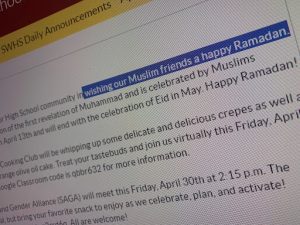
However, some students believe that the school could do more to support them. Halal food is not provided by the cafeteria, which creates dietary restrictions for Muslim students.
“I don’t believe SWHS cafeteria serves Halal food, It would be amazing if Muslim students had the option to have Halal food,” said Mr. Ly.
Ly believes the SWHS community is very supportive of Ramadan. As a Muslim himself, he is happy to have support from the Bobcat Community.
However, Ly feels that SWHS has room for improvement when supporting the Islamic community. Ly suggests “the addition of a prayer area would accommodate some students who love to pray during school hours.”
Freshman Bassel Ali Taleb believes that trying to restrict food in class during Ramadan would make Islamic students feel more comfortable in their school environments.
“Most of the food is not Halal and seeing people eat in front of my face makes me hungry and frustrated,” Taleb told The Prowl.
Taleb also expressed the importance of allowing teachers to conduct Ramadan-related work in classes. He believes it gives other students a new perspective on the tradition and Ramadan culture and promotes inclusion.



